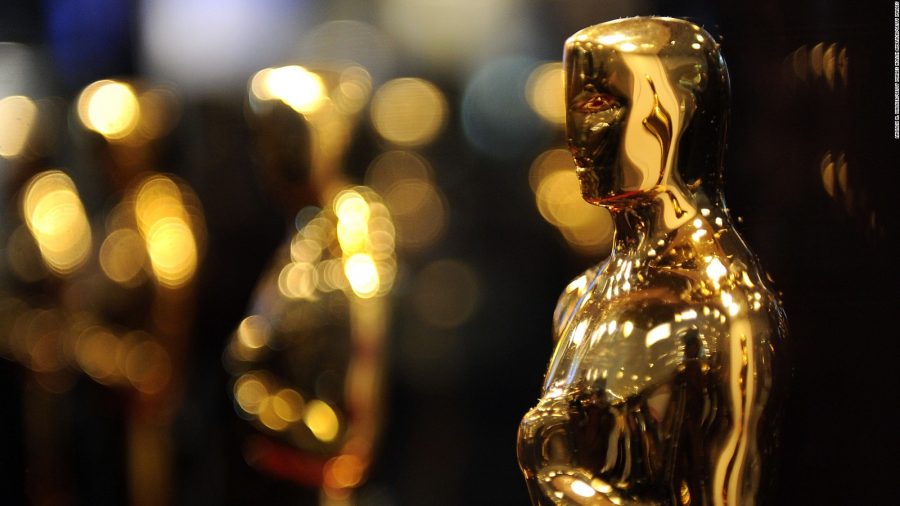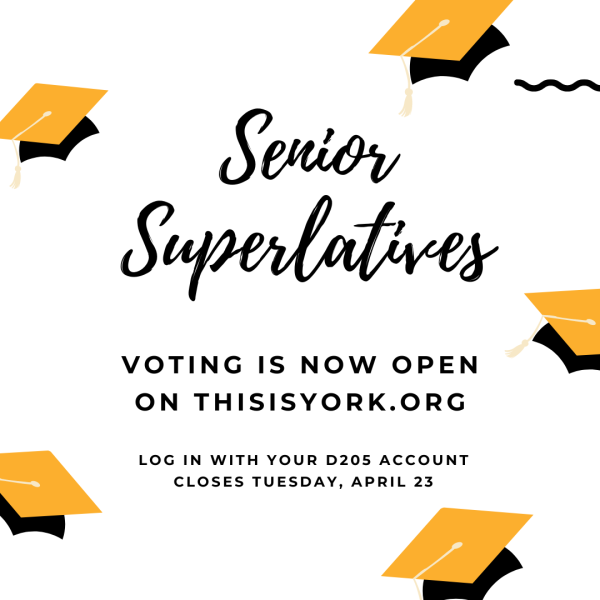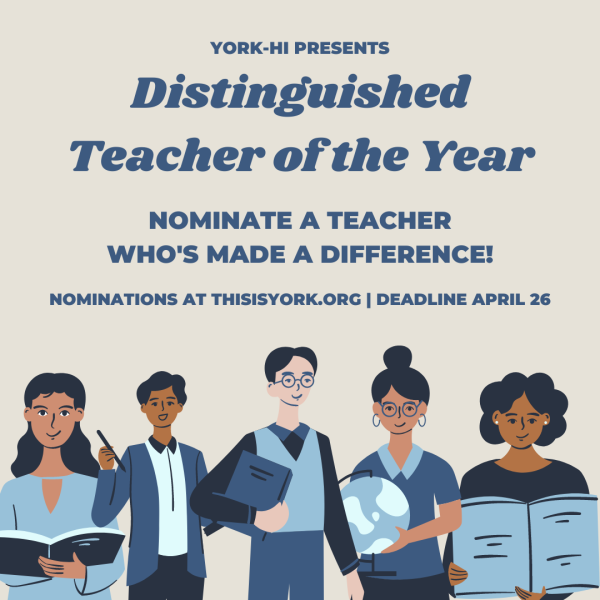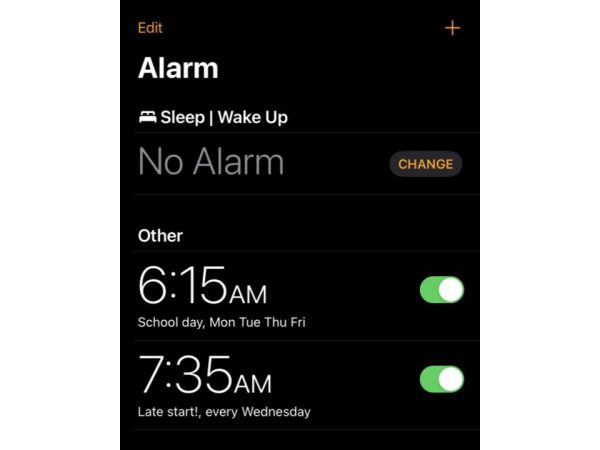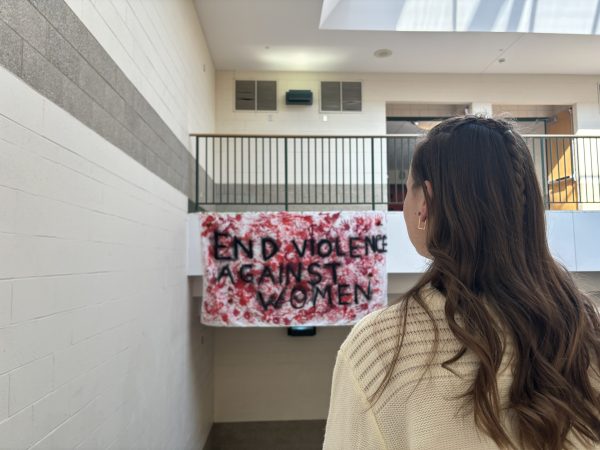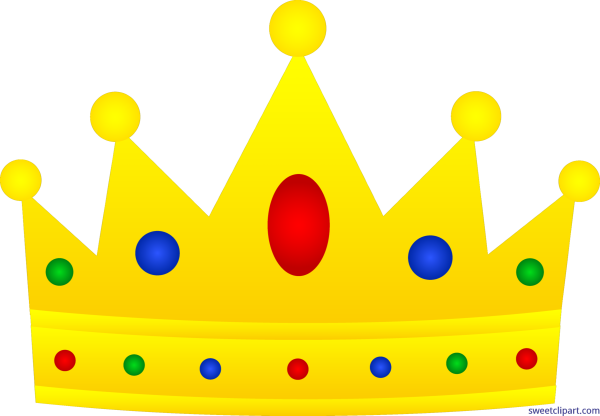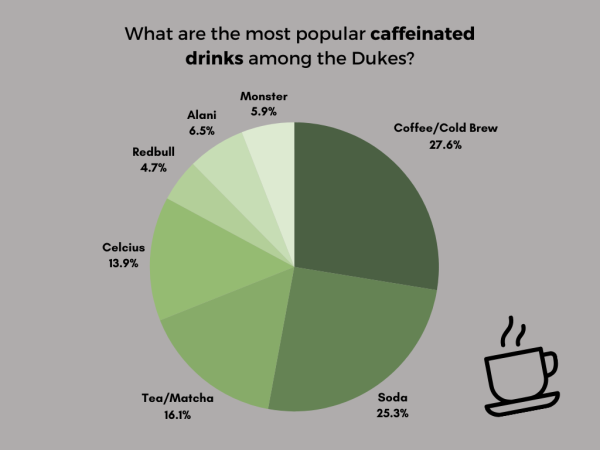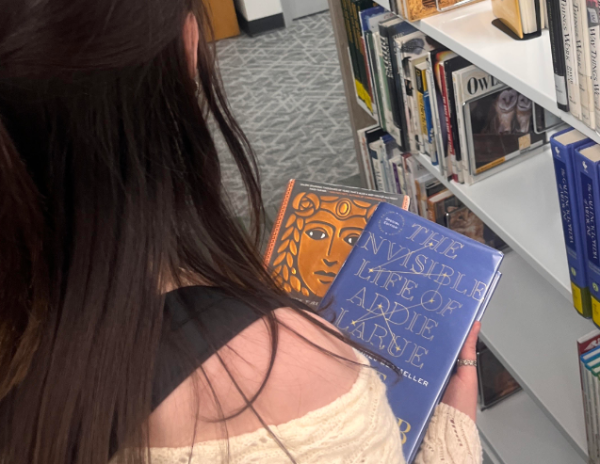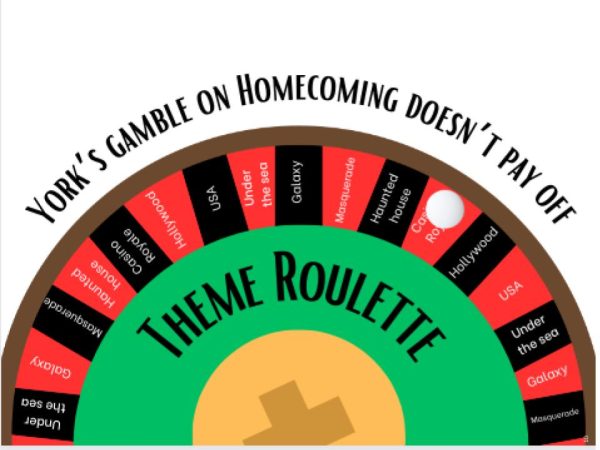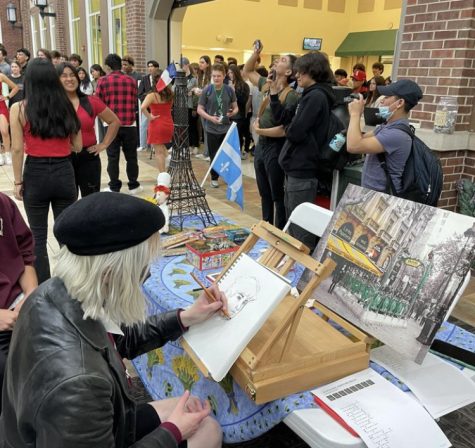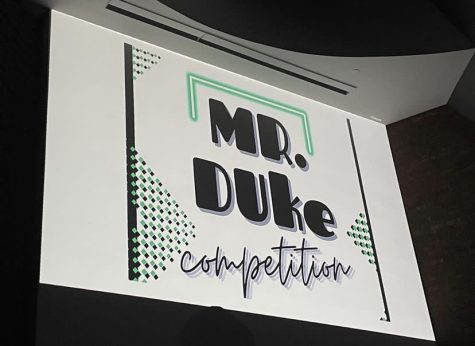Diversity isn’t as simple as black and white
Throughout all ages in Hollywood, there has been a common trend: whitewashing. Although casts are becoming more and more diverse, there is still much room to grow in other areas of diversity.
“There is a select group of black actors that are seen in Hollywood and the rest aren’t represented,” said freshman Gabe Jentel. “It’s weird to pretty much only see Morgan Freeman and Viola Davis and consider that as diversity in a movie full of white people.”
The nominees’ races grabbed people’s attention due to the controversy surrounding previous Oscar nominations. In 2016, many expressed their frustration because no racially diverse actors were nominated for any of the 20 Oscar nominations. Actors including Will Smith, Spike Lee, and Mark Ruffalo decided to boycott the 2016 Academy Awards, spreading the hashtag #OscarsSoWhite.
“It’s getting better–changing–but what’s “pretty” is what gets into films, and that’s what creates the great divide,” said senior Blythe Dolby. “It’s disgusting that sometimes diversity isn’t considered “pretty.”
Although the 2017 Oscar nominations are more diverse, they still lack representation of ethnicities other than African American and Caucasian. While there has been a considerable increase in representation for African Americans, this movement has been paired with disappointment from other underrepresented ethnicities.
“It shows that we’re not really moving forward,” said freshman Alvin Zachariah. “It’s sad that it’s 2017, and we can still see a lack of diversity in films and in awards for films.”
A study by the University of Southern California found that only 28.3 percent of all speaking roles in movies and tv shows were from non-white racial groups during the years of 2014-2015. This study, titled “Inclusion or Invisibility? Comprehensive Annenberg Report on Diversity in Entertainment,” also found that only one-third of the characters with dialogue were women.
“Women are awesome,” said freshman Lexi Lukose. “It’s unfair that some people don’t see that.”
As shown in the study, lack of diversity does not stop at race but encompasses gender as well. The Academy of Motion Picture Arts and Sciences Director’s Branch is 89 percent men and 84 percent white. Of the 69 academy awards that have been given for “Best Director” only one woman has won: Kathryn Bigelow.
“It’s hard when you don’t see people like you in Hollywood,” said freshman Gabi Knott.
Representation is important because it inspires people to see others like them.
When the Oscar Nominations were announced on Jan. 24, “Hidden Figures” star Octavia Spencer was nominated for “Best Actress in a Supporting Role.” Following her nomination, she expressed her feelings on the matter of diversity in an email to USA TODAY.
“… There are a lot more people of color than African Americans,” Octavia said. “There’s so much more to diversity than being black or white… I’d like to see more diversity in directing- there are brilliant women directors and cinematographers.”
While she expresses her support for the increase in racial diversity, she encourages more gender equality in all aspects of film.
“As a woman of a certain ethnic minority, the lack of diversification in films is concerning,” said Lukose. “Many little girls look up to their favorite actresses to be role models and set beauty standards. Having prevalent Asian and Hispanic actors playing roles in action movies could prove to little girls that they too have strength.”
Representation is important because, as Lukose emphasizes, many moviegoers idolize the actors they see on the big screen. When it comes to casting these actors, it is common for inappropriate choices to be made for roles.
“When there is a movie with a diverse cast, it is typically about their struggle or something like that,” said Zachariah. “If movies are made about people having fun and living their lives, there are more commonly white actors in leading roles.”
An example of racial controversy surrounding casting can be seen in the 2015 movie Aloha. The character, Allison Ng, is supposed to be Chinese, Hawaiian, and Swedish, but the actress, Emma Stone, is Caucasian. Another recent occurrence is the casting of Caucasian actor Joseph Fiennes as African American pop icon Michael Jackson.
“I think that the lack of diversity is actually sad because it’s not something you’d expect to see in 2017,” said freshman Zikora Nnam. “We’re so far past the first civil rights movement, and African Americans are still not equally represented in Hollywood; it’s really upsetting. I think the movie roles don’t represent all races properly and I hope that changes later on.”
However, society must remain hopeful in order for there to be a significant change in the film industry. With “Moonlight”, a movie directed by a black man and a storyline about a gay man, it seems that this change is in the works.
“People are people no matter what their sexuality, gender, or race,” said freshman Gabe Jentel. “Everyone should be equally recognized.”


